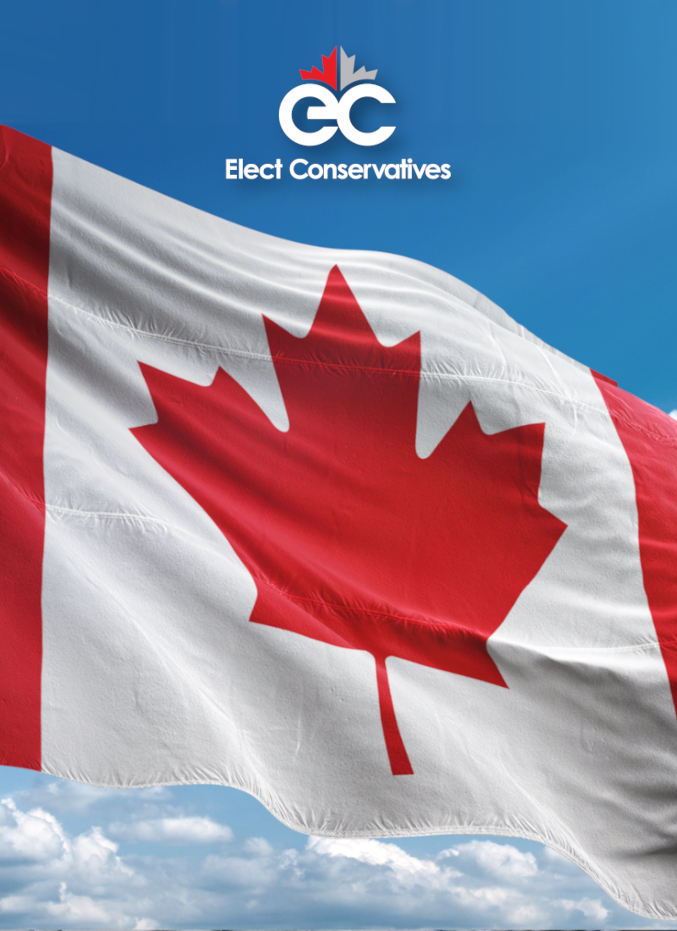

There is a mass transference of wealth taking place right now from pockets of the hard working Canadians of today and tomorrow into the greedy hands of the federal government. More power and money is being accrued at the top through the overt and incessant borrowing of money.
The amount of spending taking place by the Trudeau government is remarkable. The level of debt that is being amassed not only surpasses any Prime Ministers’ in our nation’s history, but it exceeds all of their debt combined!
It is important to recognize that the government does not have any money of its own. It can only pay for its exorbitant spending sprees through borrowing and taxation. Taxes are an obvious transfer of wealth from people to government, but another route that is not so evident, but just as effective is through inflation.
When our central bank, the Bank of Canada, engages in what’s called quantitative easing, whereby the Bank creates money to purchase government debt in the form of bonds, the economy gets flooded with cash and the prices of goods balloon and inflate. This new, abundant and cheap money incentivises more borrowing and more spending, which the government rakes back through taxation over time.
The government is expropriating your wealth through inflation. With the virtual printing of money, the central bank is increasing the size of government and simultaneously reducing the value of your dollar, hence the appropriate term has been coined to describe this phenomenon as inflation tax.
When the Bank artificially creates more money (meaning it wasn’t earned through a profit generating mechanism), it drives up the price of goods because the natural balance of supply and demand is thrown off. Instead of prices in the free market being determined by the flow and exchange of real money in the economy, we have extra dollars going after the same or fewer goods, thereby artificially increasing their value and driving up the price. The effect of this inflating is that your dollar is worth less. In severe cases where inflation continues to rise, this government money actually becomes worthless.

The game has been rigged and the government will be the player leaving the table with all of the chips.
If the Bank of Canada were to limit this cycle of creating cheap cash and buying the government’s debt, the result would be a government that is forced to live within its means. Currently, there is no more money of yours to take today, so the government is borrowing from the money they plan to take from you and your children in the future.
Reining in fiscal spending and deescalating quantitative easing would necessitate limited government. This of course is a horrible restraint for any political party that only attains or maintains power when people are reliant on government programs and handouts. It’s a sick cycle of fiscal irresponsibility for the purpose of political advantage, and it is putting our economic future in serious jeopardy.
In this cunning sleight of hand, Justin Trudeau presents himself as the provider and caretaker for all of your needs, and yet, he is stealing money from the next generation to stuff your pockets (temporarily) today. Meanwhile, all of your savings are depreciating in value as government money keeps flooding the economy.
Canada has the largest pandemic deficit in the world. We have spent the most per capita, and yet, we have one of the highest unemployment rates in the G7. Our government has spent like a drunken sailor, throwing money around left and right without serious consideration for potential ramifications.
Our country’s economic engine, small businesses, have essentially been left in the lurch, while paycheques to individuals are flying out the door. So much federal money has been spent that on average, Canadians have more personal income today than they did before the pandemic, they just aren’t having to work for it. Instead of collecting a paycheque, Canadians are being suffonsified with a government cheque. Unproductive public spending is surpassing economic growth and it is debilitating our country.
While the private sector is shrinking rapidly, the government is engorging itself. This is entirely unsustainable, but again, it is incredibly beneficial to a political party, which succeeds only when Canadians are dependent upon government. You see, doling out money is a leader’s dream. It turns the people’s affections towards them, it positions them as a hero and a caretaker, but responsible leaders restrain themselves from utilizing this enticing tool too much because they know that in the long run, it is incredibly destructive for the people and the country.
Canadians are being temporarily appeased with cheap money and government cheques while the foundation of our economic system is crumbling. Before too long these cracks in the market economy are going to become unsurpassable chasms. In other words, shit is going to hit the fan if we don’t bring back sound monetary policy and fiscal responsibility.
If we continue down this path of recklessness, more money and power will be transferred into the hands of government. The people will become more indebted and powerless as they will rely on the state for support, and the revenue generating sectors in the country will crash when interest rates inevitably go up and money becomes scarce once again. It is a recipe for disaster.
Spending does not create growth. Spending can sometimes stimulate the economy if done prescriptively in specific areas, but it does not create growth. Spending is a by-product of growth, and a misdiagnosis or twisting of this fact causes serious economic turmoil.

Canadians need to get back to work. If there is to be investment in the economy, it needs to be in the revenue generating sectors that can produce profit and not just move money around. We need a responsible leader at the helm who will resist the temptation to be seen as a gift-giving Santa Clause (with a horrible credit score). Responsible governance needs to be placed back on the table with a long-term vision and plan for this country’s economic future and prosperity for Canadians.


3 comments
Comments are closed.